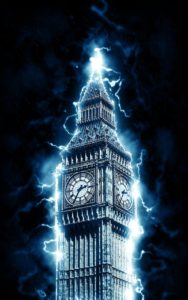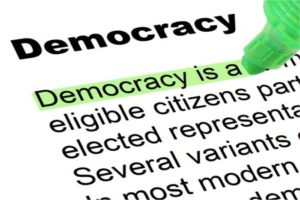 There are major differences in house construction between Canada and the UK. When it comes to individual dwellings it is true that there is now a fair bit of wood framed construction in the old country, but here is BC there is virtually nothing else – certainly if the construction were done in recent times.
There are major differences in house construction between Canada and the UK. When it comes to individual dwellings it is true that there is now a fair bit of wood framed construction in the old country, but here is BC there is virtually nothing else – certainly if the construction were done in recent times.
Such differences extend also to the estate itself. In Canada they do not go in for boundary fences… walls… hedges… dividers of any sort. The norm is that the open space between houses is just that – open. We have a lawn between us and our nearest neighbours with the actual boundary running somewhere down the middle of it. When either of us cuts the grass we make a ‘mood’ judgement as to how far to go. If we are feeling generous we take in an extra couple of metres to save our neighbours having to do it. If, on the other hand, we are feeling surly… or lazy… we don’t.
In many cases there is little or no division between individual properties and the public road either. As it happens we have a screen of shrubs, bushes and trees in front of our domicile, but many do not. They are simply open to the public in a way that would make many Brits feel somewhat uncomfortable (I am trying very hard not to slip into Brexit metaphors here – but it is not easy!).
One side-effect of this lack of dividing infrastructure is that there is often nothing at the front of the property to which to affix a sign bearing the house number or name. Our property has its number displayed on the front of the building itself, but as the house is set back somewhat it is not very easy to see from the road.
I seem to recall that in many parts of England there is a fairly relaxed attitude as to whether or not house numbers are prominently displayed. Here in BC it is considered important for emergency reasons that each property has a sign that is clearly visible from the public road. These are known as 911 Address Signs and they usually take the form of a vertical reflective sign at the very edge of the roadside. Given the relative speed with which wooden framed house can be destroyed by fire it makes good sense that the emergency services be given every opportunity to locate a property as quickly as possible.
For reasons unknown we did not inherit such a sign but with the advent of The Girl’s new venture looming it seemed important to make our residence more visible to the world.
Given that these things are everywhere I assumed that they would be easy to source. They are not – and I guess that the fact that most properties already have them means that there is little demand for new ones. Some Fire-Halls offer programs through which they may be obtained but ours did not obviously do so.
I eventually found a source online through one of Amazon’s third party suppliers. I duly placed an order and sat back to await the manufacturer making contact to check the details.
I received instead an email telling me that the product had been shipped!
Huh?!
I replied to the email, enquiring as to how they had managed ship my order without first asking me what house number the sign was for.
“Oh!”, came the reply. “There was an option on the order form if you wanted to customise the sign”.
I pointed out that I did not consider having the right number on my sign to exactly be ‘customisation’, that the option on the form was not at all obvious and asked who in their right mind would order an address sign with some random number on it anyway?
They seemed to take my point and agreed to refund the purchase price.
“What should I do with the random sign?”, I enquired. They told me that I could keep it.
Fortunately I discovered that – with a little careful effort – the numbers could be scraped off without causing damage and that Staples could supply suitable replacements – this time with the correct digits. A Home Depot mailbox post, some brass brackets and screws, a little white paint and a club hammer later we had a new 911 sign.
Now – ain’t that pretty?!
 Yesterday Canada went to the polls for the second general (federal) election since we arrived back on these shores in 2015; the first – that same year- having been won by pretty-boy Justin Trudeau’s Liberals.
Yesterday Canada went to the polls for the second general (federal) election since we arrived back on these shores in 2015; the first – that same year- having been won by pretty-boy Justin Trudeau’s Liberals.











Recent Comments